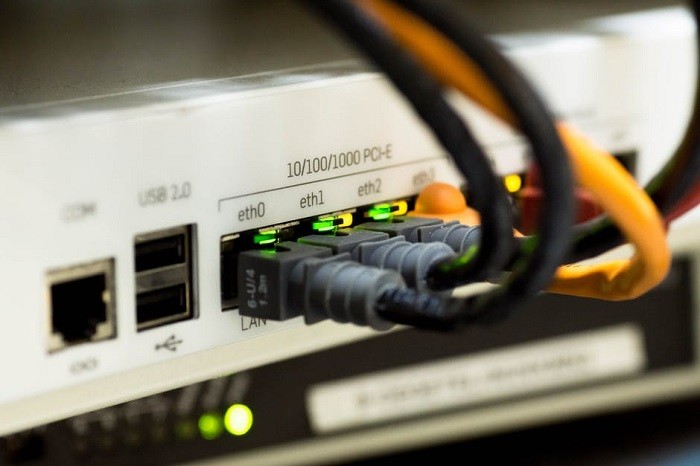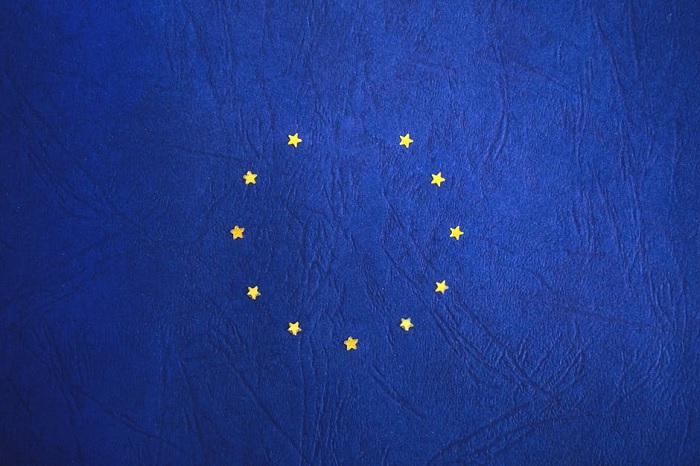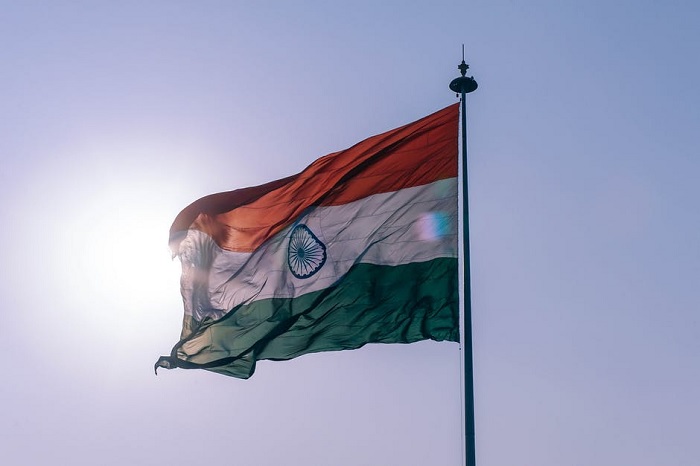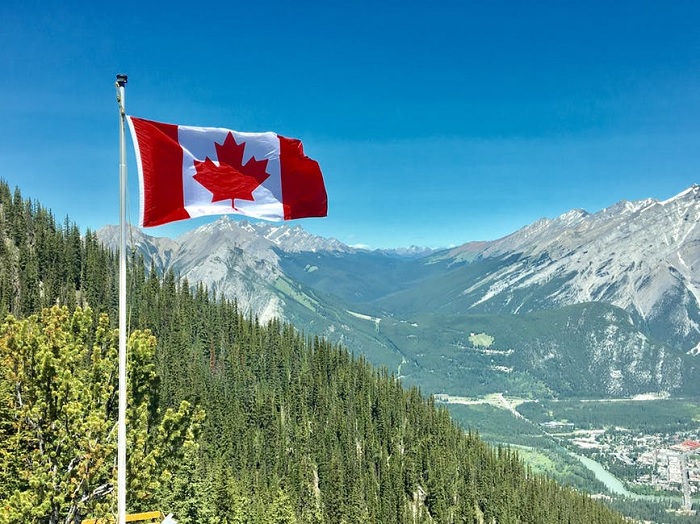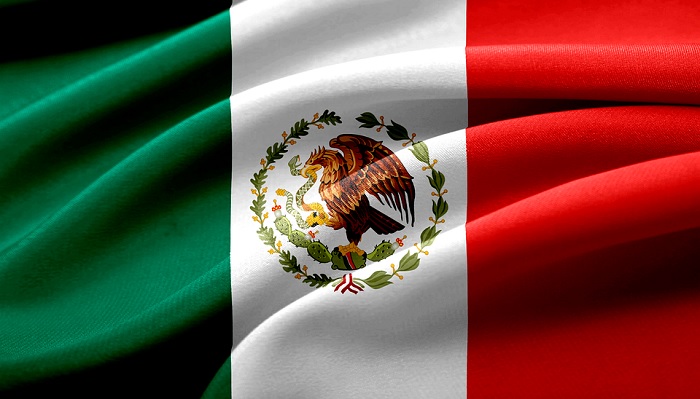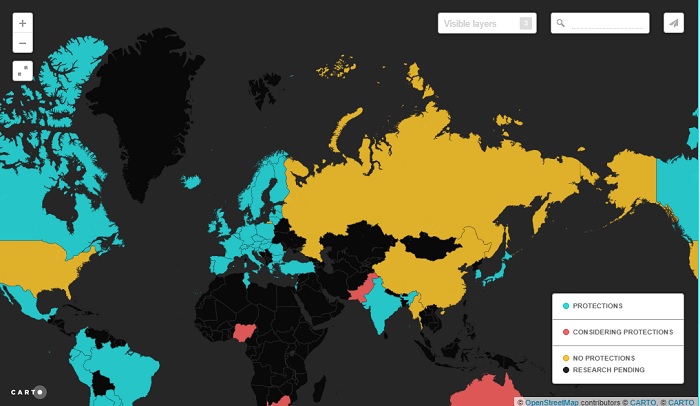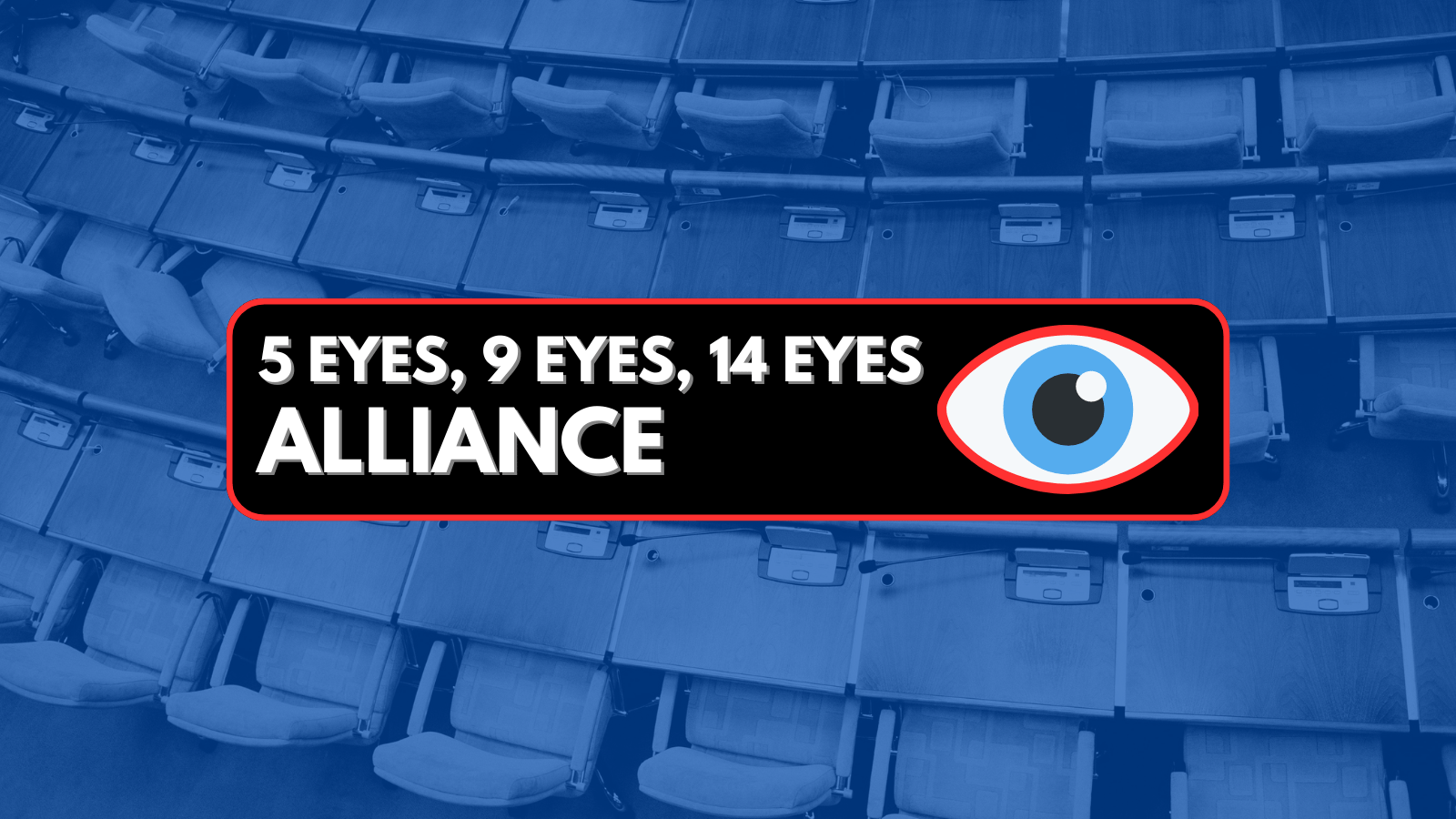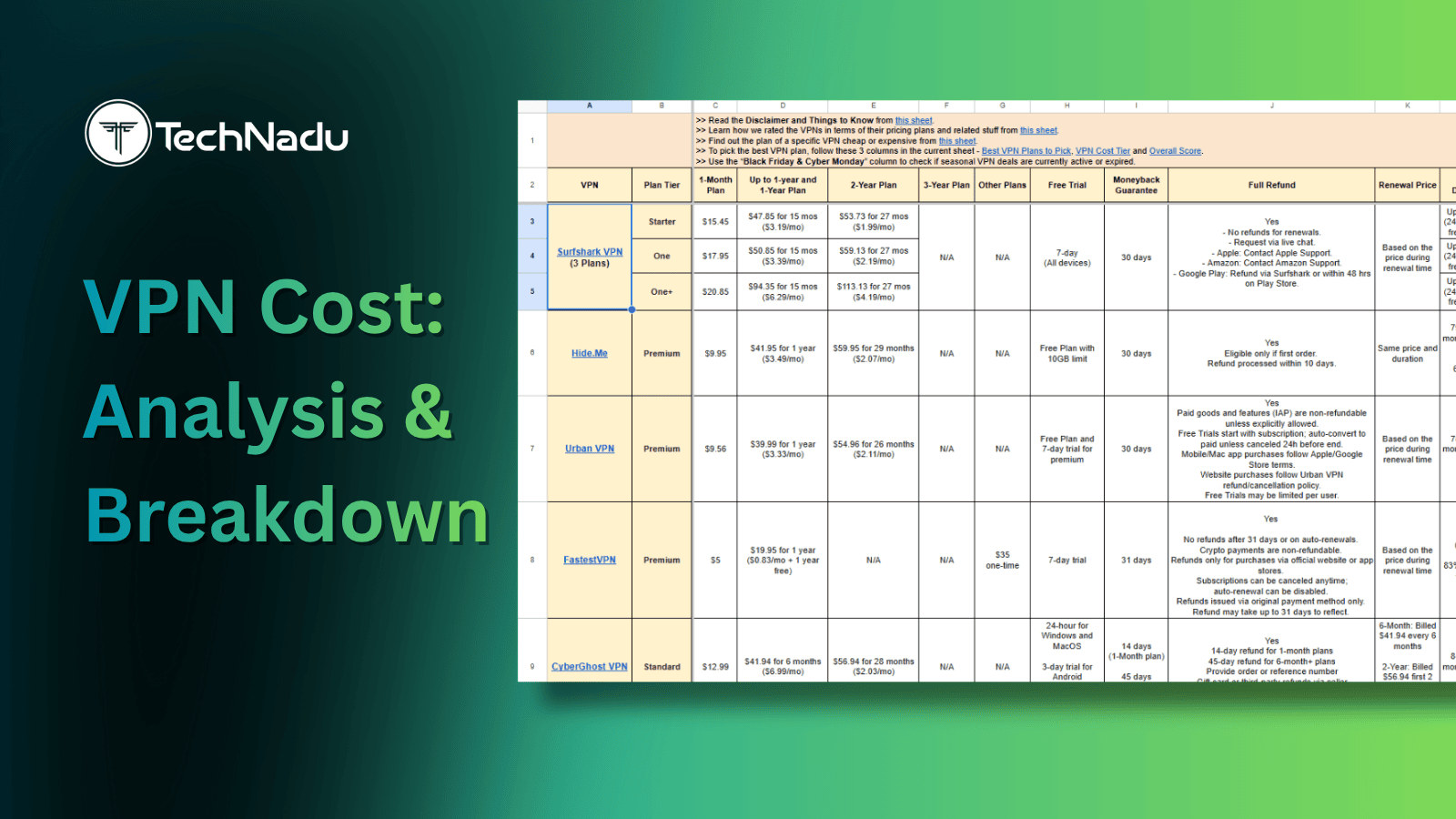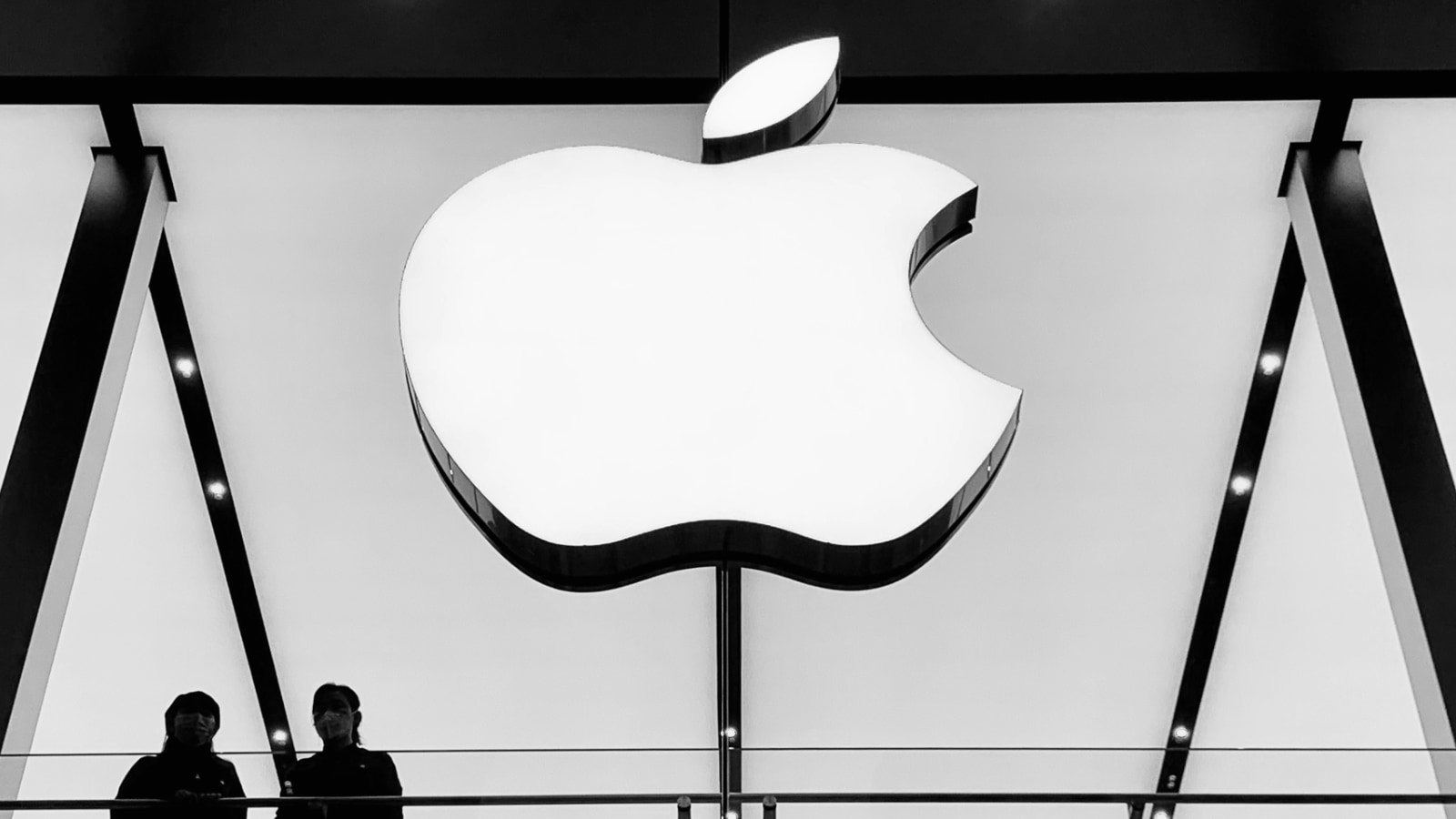
International Net Neutrality: Countries That are Still Neutral
Net neutrality is the idea that it doesn't matter what data packers are being transported or where they come from. They are all treated the same. This prevents a situation where the service provider blocks or slows down, for example, Netflix packets until Netflix (or you!) pay up extra for the privilege.
I've argued that the end of net neutrality in the US isn't all bad now that they've decided to repeal it. Net neutrality and VPNs are also not necessarily a match made in heaven. So, all in all, it's a rather tumultuous time.
However, the United States isn't in control of the entire internet. Each nation decides on its own whether it will manage its portion of the internet neutrally, as a free-for-all or somewhere in between. In this article, I'm going to highlight some of the countries that practice net neutrality as an example of how things could be in the influential United States
Brazil
This plucky South American country passed a law in 2014 that prevents service providers from giving priority to data unless there's a technical issue or it's for emergency services.
So they definitely have strong net neutrality laws on the books, but like so many things in Brazil, there's more to it than that. It seems that enforcement isn't always so easy when you have high levels of corruption or weak legal watchdogs. Still, Brazil is an example of how to lay down the law when it comes to net neutrality.
The European Union
OK, OK. I know the EU is not a specific country, but it wouldn't make sense to discuss each EU member state separately when they all obey this central set of laws.
The EU has passed strict laws that force providers to treat all data equally. Similarly to Brazil, the exceptions include network security and emergency services contexts. Anything else must be neutral.
India
India has been a beacon of moral integrity when it comes to net neutrality. Not only did they reject Facebook's free internet offer, the national regulator enacted rules in 2016 that forbade differential data tariffs based on content. It's not too radical to say that India now has some of the best laws enforcing an open internet in the world.
Russia
Believe it or not, in 2016 passed honestly to goodness net neutrality laws. Despite the fact that the country has an iron grip on content and is just as happy to censor stuff as China is, what content the government is OK with may not be treated differently based on type. So you can get your propaganda at the same speed no matter where or in what form it comes. There's some conflict on whether there really is net neutrality in the Russian Federation, but the IEEE itself seems to think it's true, so we'll go with them for now.
Canada
The land of maple syrup, Mounties and friendly-yet-apologetic is often seen as a shining light of progressive values. It should be no surprise that they have laws ensuring net neutrality and that they are being enforced.
Mexico
It's not just the USA's northern neighbor that has net neutrality laws on the books. Mexico also both has laws in place and they are being enforced. How embarrassing it would be if the FCC were capable of embarrassment.
Is Zero Rating Incompatible With Net Neutrality?
Some countries are not net neutral because they allow zero-rating, or so they say. There's this common believe that if you allow zero-rated content then you're not being neutral. Don't slow down other data.That is when compared to the zero-rated data. The network itself is still perfectly neutral. Just don't pay anyone for preferential treatment.
It's a Big Planet
Obviously, there is no way that I can get to all of the countries which have net neutrality laws in place. Luckily there's a fantastic website run by the Global Net Neutrality Coalition. Here you can see a map showing the net neutrality status of every country in the world.
It relies on research contributions. So it's not always completely up to date. However, it provides a nice overview of international net neutrality. Maybe one day the whole thing will be green.
For now the best you can do to get around net neutrality issues in your own country is to make use of a VPN. Of course, without net neutrality, they can simply throttle ALL VPN traffic, but this is unlikely to happen anytime soon. So please check out our choices for the best VPNs of 2018 and fight back against the governments that won't let us have a neutral net.

